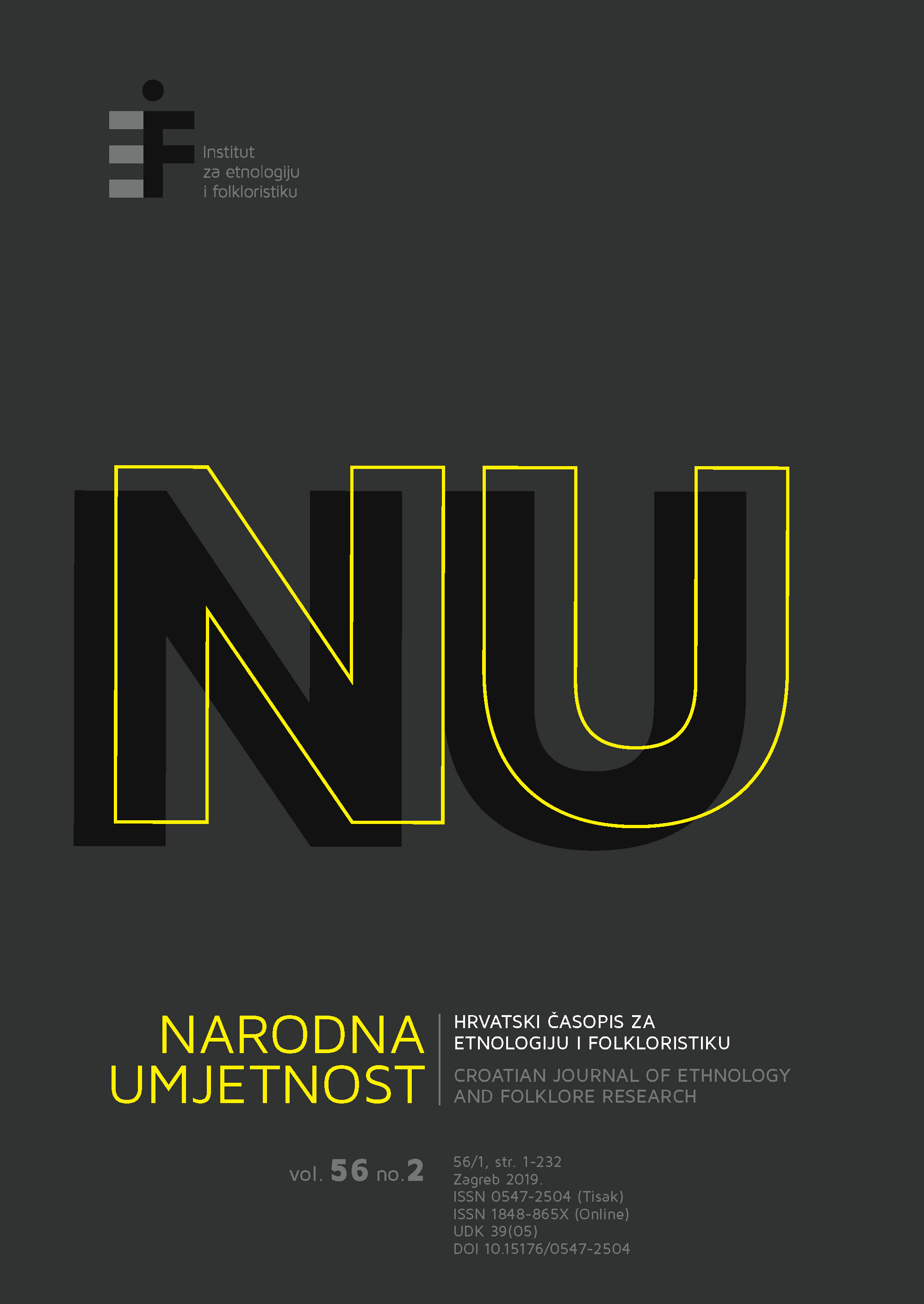Marulić’s Discourse of Virginity in De institutione and Euangelistarium
Abstract
Marulić’s moral and theological work De institutione bene uiuendi per exempla sanctorum (1506) is a collection of saints’ lives and inspiring episodes from the Holy Scripture which have been narratively transformed into the literary form of an exemplum. Set out to provide spiritual edification by means of moral examples, De institutione particularly addresses ascetic female readers (virgins and widows). In doing so, Marulić’s practical moral narrative does not develop a systematic conceptualisation of virginity, while in Euangelistarium (1516), a moral and theological work complementary to De institutione, virginity is elaborated upon extensively, mostly according to 1 Corinthians 7 and Jerome’s exegesis on virginity. Based on these notions, this article focuses on the discourse of virginity in Marulić’s writings. More specifically, the article examines Marulić’s exemplification of female hagiography in De institutione with particular regard to the phenomenon of female ascetic virility which was characteristic for early types of female sanctity.
Keywords: Marko Marulić, De institutione bene uiuendi per exempla sanctorum, Euangelistarium, hagiography, virginity studies

